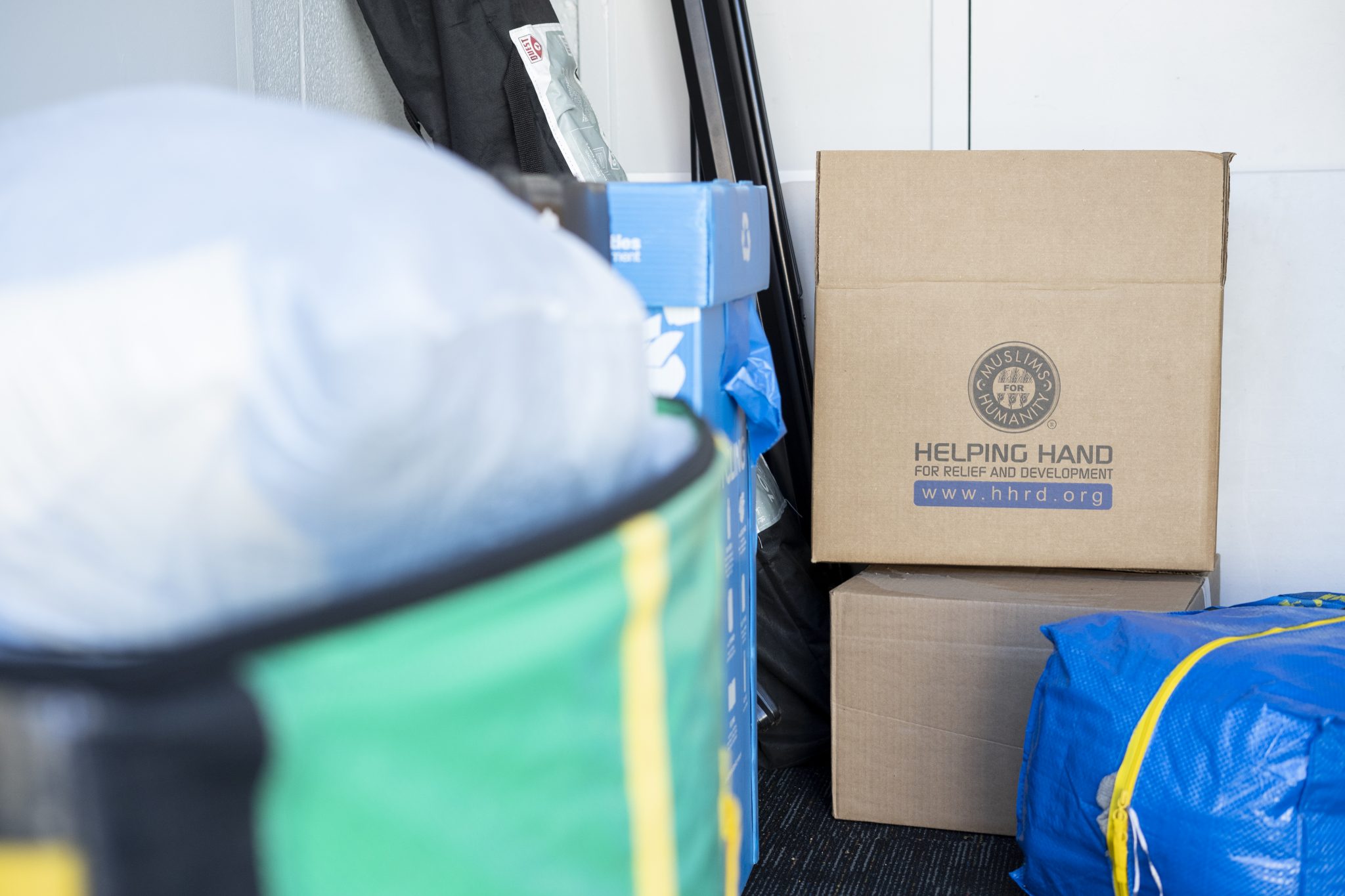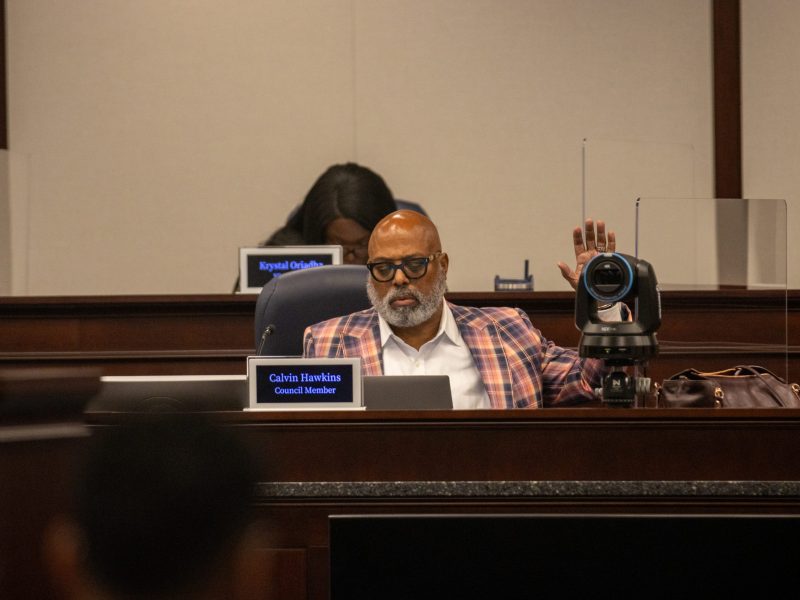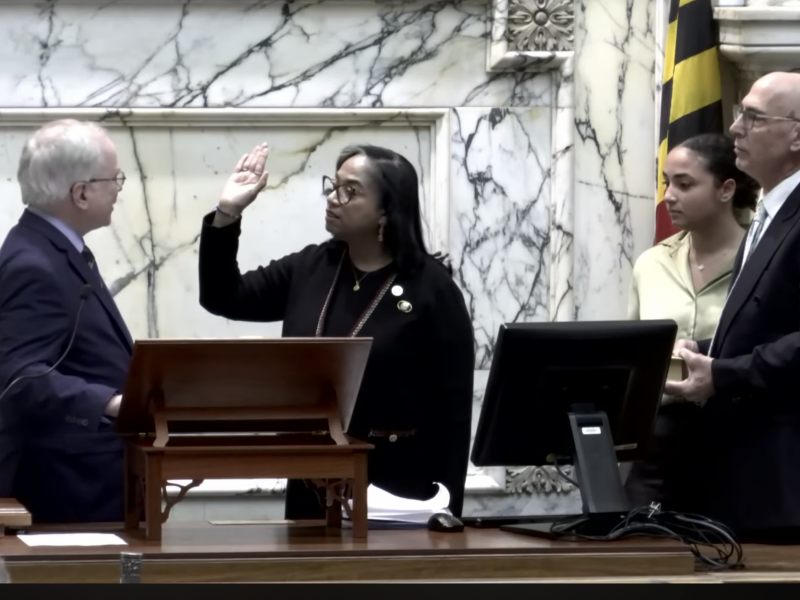Whenever urban planning graduate student Salma Haoudi visited the province of Al Haouz, Morocco, the locals always greeted her generously with tea and food offerings.
Now, that same province is flooded with debris after an earthquake struck Morocco on Friday. The quake has killed almost 3,000 people, according to The Washington Post. The magnitude 6.8 earthquake, which struck close to Marrakech, Morocco, also injured more than 2,500 people and was the strongest to strike the country in a century, The Washington Post reported.
“Each time the death toll increases, my heart is broken and saddened,” said Haoudi, who moved from Morocco last year to attend the University of Maryland.
After the earthquake, this university’s International Students and Scholar Services office sent an email to university community members from Morocco, according to Jody Heckman-Bose, the associate director of the office. The email offered support services and mentioned that a Moroccan student — Haoudi — expressed interest in starting fundraising efforts.
[UMD community reflects on being named nation’s most LGBTQ+-friendly college]
“I feel a little bit helpless now because I’m far. I wish I was in Morocco to give a helping hand,” Haoudi said. “Even though it’s the other side of the world, we are all in this together.”
Haoudi and other Moroccan community members plan to host a fundraising event on Monday, Sept. 25 in H.J. Patterson Hall. The event will showcase a Moroccan movie and feature Moroccan food and music to highlight the culture’s beauty, Haoudi said.
Donations from the event will go towards a GoFundMe created by Moroccan students in the United States and Canada. This university is listed on the GoFundMe page as one of 22 schools where students have mobilized to support Morocco.
Jelena Dakovic, a communications coordinator for this university’s architecture school, is also helping plan the fundraiser. She believes it is important to focus on raising funds for urgent needs those impacted by the earthquake are facing.
Dakovic, who grew up in Morocco, cried as she watched videos of Moroccans rummaging through what was left of their homes and pulling bodies from the rubble in the earthquake’s aftermath.
The sight gave Dakovic flashbacks to when her family drove up the High Atlas Mountain roads, which are now lined with ruins from the disaster.
“I was just there like three months ago,” Dakovic said. “My family and I would go up to the Atlas Mountains almost every winter growing up, so it’s just bringing back these flooded memories.”
[Less food waste, bike lane advocacy among UMD SGA’s sustainability priorities]
This university’s chapter of Helping Hand for Relief and Development, as well as the Muslim Students’ Association are also supporting Moroccan victims by placing donation boxes for clothes in the Musallah, a Muslim prayer space located in Cole Field House.
Volunteers from both groups will eventually pack the boxes and ship them directly to the affected areas in Morocco, according to junior neurobiology and physiology major Mustafa Khalid, a co-president of this university’s chapter of Helping Hand for Relief and Development.
Both student groups and Muslim associations at other universities in Maryland are also supporting the national Helping Hand for Relief and Development organization’s fundraiser.
“[This university has] a number of students who are from the North Africa region, who are specifically from Morocco,” Khalid said. “I think as a community, it’s very important that we support the families and loved ones, the cultures of the people who surround us.”
In response to the earthquake, Zakariya Kmir, an alum of this university, also started a GoFundMe that has garnered more than $13,000 donations in the past five days. The money will go directly to local organizations in Marrakech to help victims with physical and mental health relief.
It will be a long-term effort to address the earthquake’s physical and emotional impacts, Kmir said. The victims will be suffering for many months, he added.
“This is something that was completely unexpected,” Kmir said. “You can imagine it has a huge emotional toll, a psychological toll on people.”



